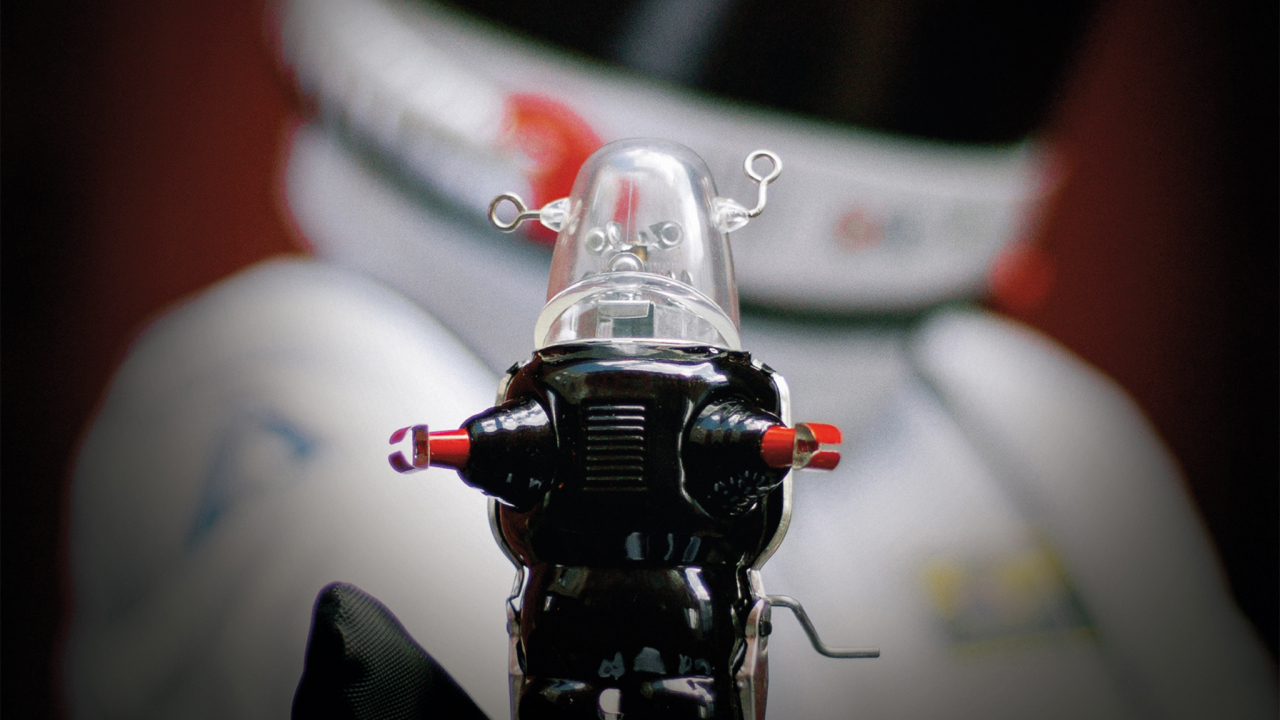You can trust Louder
John Mitchell’s pivotal role in bands such as It Bites, Kino, Frost* and Arena have rightly enhanced his reputation over the last couple of decades.
With It Bites currently inactive, Mitchell recently began work on his own project. His black book’s crammed with ace musicians, and many of them signed on to supplement the sound of his new album. As Mitchell himself admitted, It Bites work within a pretty inflexible musical boundary, and so the opportunity to create his own work without any such constraints proved attractive, and the striking debut from Lonely Robot is the result.
It’s only when listening to what is effectively Mitchell’s first solo album that his distinctive nuances and style come to the fore. Performing all the instruments apart from drums, the songwriting is accomplished throughout and his gift for creating slick tracks is ever present. There may be occasional glimpses of his past work that filter into some of the songs – the guitar riff that opens _Construct Obstruct _could neatly slot on to an It Bites album – but overall Please Come Home is infused with a diverse originality.
Opening with the scene setting, cinematic Airlock, the album soon develops a harder edge. Abrasive guitars propel God Vs Man, and the same assertive approach is taken on the album’s title track, but on both there are impeccable keyboards which float in, change the direction and offset the bristling intensity. Critically though, the album’s not all juddering bluster. Humans Being is a divine ballad that leads into the piano/vocal piece The Red Balloon, which is lovely if frustratingly short.
Perhaps the shrewdest aspect though is Mitchell’s choice of guests. He frequently utilises these stars’ idiosyncratic attributes where they aid the material, and not always in the manner you might expect. Touchstone’s Kim Seviour appears on the harmonious Oubliette, yet her dazzling performance is understated and gentle, far removed from some of her higher pitched, operatic histrionics with Touchstone. Why Do We Stay is a tender duet between Mitchell and Heather Findlay that, with emotionally shaped vocals, is one of Findlay’s facets that rarely comes to the fore. The most surprising name on the contributors list must be Go West’s singer Peter Cox, whose distinctive style appears on the gripping, hook-laden The Boy In The Radio.
Marillion’s Steve Hogarth, Nick Kershaw and Jem Godfrey also contribute to Mitchell’s sturdy debut, which makes for one mighty statement of intent.
Sign up below to get the latest from Prog, plus exclusive special offers, direct to your inbox!

